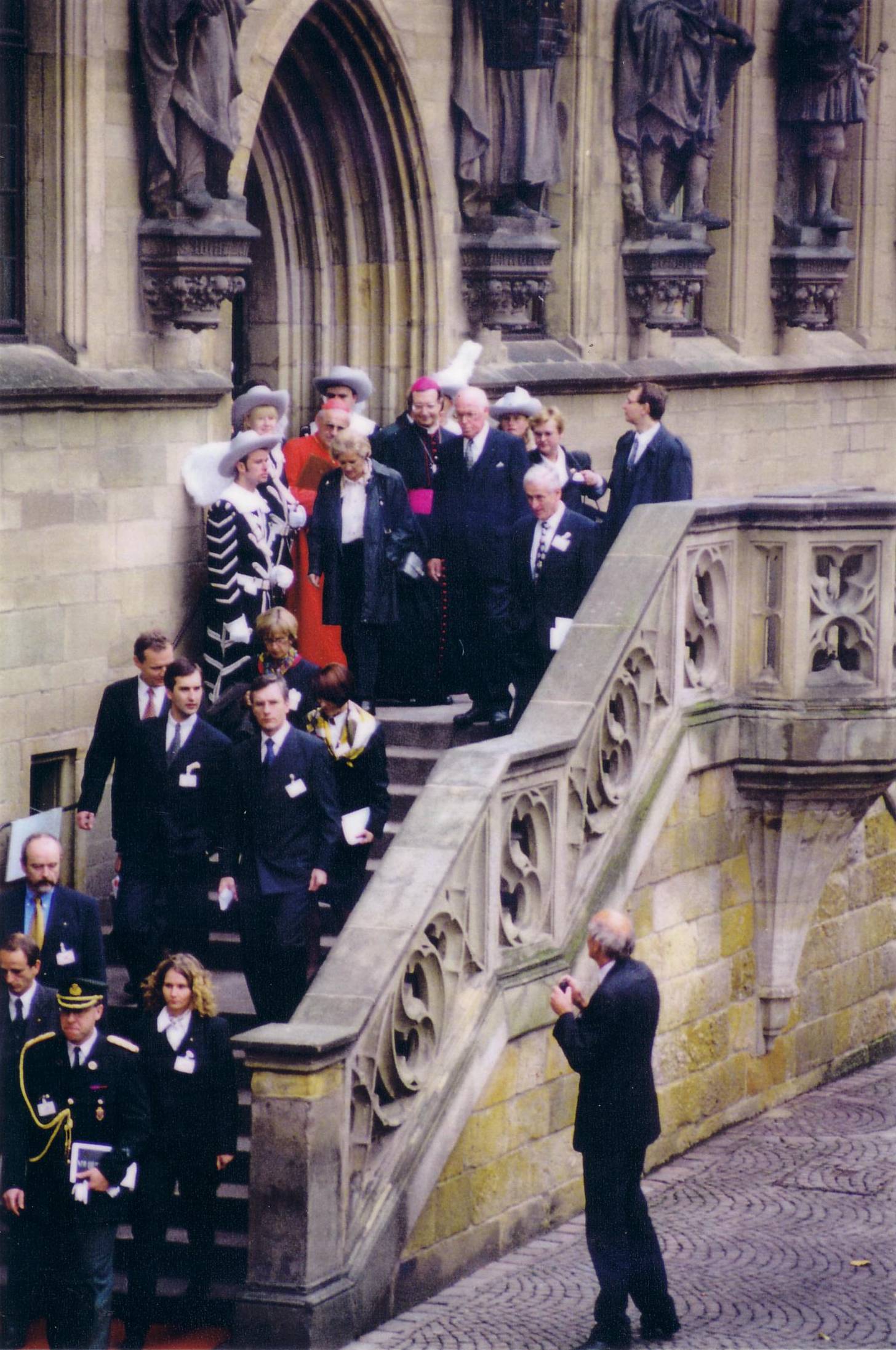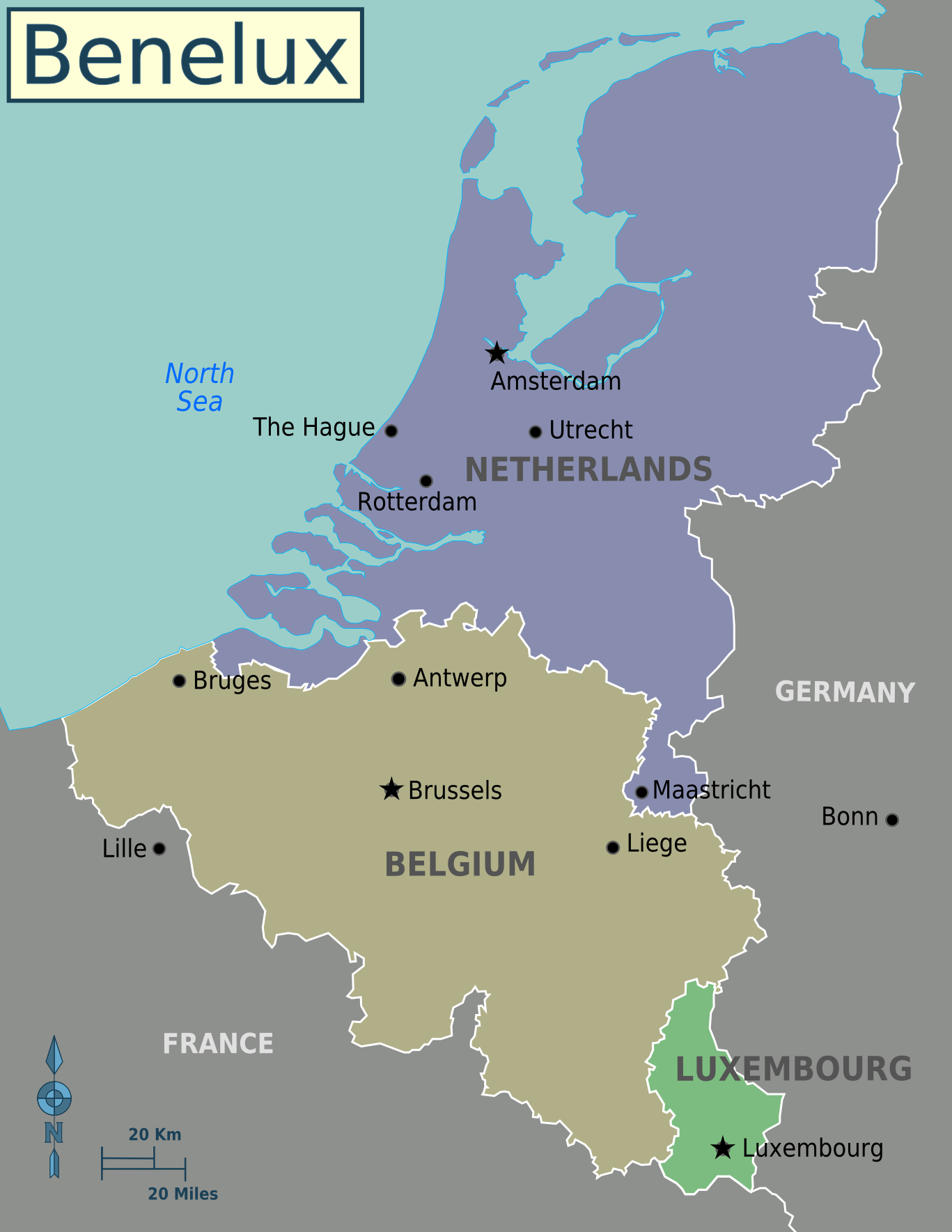|
Jüri Luik
Jüri Luik (born 17 August 1966) is an Estonian diplomat and politician. He has served as Minister of Foreign Affairs and Minister of Defence, and he has acted as Estonia's ambassador to Benelux, NATO, North America, and Russia. Early life Jüri Luik was born in Tallinn. He attended the University of Tartu where he received a degree in journalism in 1989. He was active in the Estonian independence movement at this time. After graduating, Luik became editor of the magazine ''Vikerkaar'' for two years. Luik married fellow diplomat Ruth Lausma Luik. Political and diplomatic career Luik began working under the Minister of Foreign Affairs, Lennart Meri, in 1989. He served as the Anglosphere expert at the Estonian Institute from 1989 to 1991. He briefly worked as the Head of International Organisations Division within the Ministry of Foreign Affairs in 1991 before becoming its Political Director from 1991 to 1992. He joined the Pro Patria National Coalition Party that was affiliat ... [...More Info...] [...Related Items...] OR: [Wikipedia] [Google] [Baidu] [Amazon] |
Jüri Ratas
Jüri Ratas (; born 2 July 1978) is an Estonian politician who served as the prime minister of Estonia from 2016 to 2021 and as the leader of the Centre Party from 2016 to 2023, and the mayor of Tallinn from 2005 to 2007. Ratas was a member of the Centre Party until switching to Isamaa in 2024. As the prime minister Ratas led two cabinets his first cabinet was in office from 2016 to 2019 and second from 2019 to 2021. His second cabinet was notable for its share of public scandals, highest number of resignations of ministers in Estonian history and the number of public apologies from Ratas, mostly connected to the activities and offensive public statements of the smaller coalition partner nationalist and right-wing populist EKRE party. Among others they called Sanna Marin a "non-educated sales girl" and Joe Biden a "corrupt character" forcing Ratas to apologize on their behalf. His tenure also saw the national budget of Estonia moving to deficit after years of being in su ... [...More Info...] [...Related Items...] OR: [Wikipedia] [Google] [Baidu] [Amazon] |
Sven Jürgenson
Sven Jürgenson (born 2 April 1962) is an Estonian diplomat. He served as the Permanent Representative to the United Nations in New York of Estonia from 1998 to 2000 and once again from 2015 to 2022. In 2016, he was also the President of the UNICEF Executive Board at the international level. He served as Ambassador to the United States from 2000 to 2003 and as Ambassador to France from 2010 to 2015. Career Sven Jürgenson studied data processing at the Tallinn Polytechnic Institute and the Dresden College of Engineering between 1980 and 1987. He was a researcher and analyst in data processing at the Tallinn Polytechnic Institute and the Estonian Institute from 1987 to 1991. In 1991 he joined the diplomatic service of Estonia, and was posted to Helsinki 1991–1993 and to Vienna 1993–1995. He was Director of the Division for Security Policy and International Organizations and Deputy Political Director at the Ministry of Foreign Affairs 1995–1996 and Director General of the Pol ... [...More Info...] [...Related Items...] OR: [Wikipedia] [Google] [Baidu] [Amazon] |
Estonian Institute
The Estonian Institute (Estonian: ''Eesti Instituut'') is a non-governmental and non-profit organisation based in Tallinn aiming to promote Estonian culture abroad. The institute was founded in 1988/1989 as a shadow foreign office for the Estonian independence movement by Lennart Meri, later first foreign minister and first president of Estonia after their Soviet occupation. Current director of the institute is Katrin Maiste. The Institute currently employs a dozen persons, who work either in the Tallinn main office or branches abroad in Finland (Helsinki, founded in 1995) and Hungary (Budapest, est. 1998); previously, the Institute had offices in Sweden (1999-2011) and France (2001-2009). Also 3 teachers of the Estonian language and culture work outside Estonia. The contributors include several prominent people of their field as authors of the texts, editors, board members, designers and creators of information technology applications. The basis of the activities of the Eston ... [...More Info...] [...Related Items...] OR: [Wikipedia] [Google] [Baidu] [Amazon] |
Anglosphere
The Anglosphere, also known as the Anglo-American world, is a Western-led sphere of influence among the Anglophone countries. The core group of this sphere of influence comprises five developed countries that maintain close social, cultural, political, economic, and military ties with each other: Australia, Canada, New Zealand, the United Kingdom, and the United States. Although extended definitions do include non-Western and developing countries that were once part of the British Empire and retained English influence and common law upon independence, such as those in the Indian subcontinent, the Anglosphere is a distinct grouping that is not simply synonymous with countries in which the English language has official status. Anglosphere countries are generally aligned with each other on global issues and collaborate extensively in matters of security, as exemplified by alliances like Five Eyes. The core countries of the Anglosphere were collectively the leading powers of ... [...More Info...] [...Related Items...] OR: [Wikipedia] [Google] [Baidu] [Amazon] |
Lennart Meri
Lennart Georg Meri (; 29 March 1929 – 14 March 2006) was an Estonian writer, film director, and statesman. He was the country's foreign minister from 1990 to 1992 and President of Estonia from 1992 to 2001. Early life Meri was born in Tallinn, a son of the Estonian diplomat and later Shakespeare translator Georg Meri, and Estonian Swedish mother Alice-Brigitta Engmann. With his family, Lennart left Estonia at an early age and studied abroad, in nine different schools and in four different languages. His warmest memories were from his school years in Lycée Janson de Sailly in Paris. In addition to his native Estonian, Lennart Meri fluently spoke five other languages: Finnish, French, German, English, and Russian. Lennart Meri and his family lived in Tallinn when Estonia was invaded and occupied by the Stalinist Soviet Union in June 1940. In 1941, the Meri family was deported to Siberia along with thousands of other Estonians, Latvians, and Lithuanians sharing the same f ... [...More Info...] [...Related Items...] OR: [Wikipedia] [Google] [Baidu] [Amazon] |
Vikerkaar
''Vikerkaar'' ('rainbow' in Estonian) is an Estonian magazine published in Tallinn, Estonia by Kultuurileht SA. The magazine focuses on Estonian literature. First number was issued in 1986. 1986-2006 was also issued Russian version of Vikerkaar. The magazine was called Радуга. References Literary magazines published in Estonia {{Estonia-media-stub ... [...More Info...] [...Related Items...] OR: [Wikipedia] [Google] [Baidu] [Amazon] |
Estonian Independence Movement
The Singing Revolution was a series of events from 1987 to 1991 that led to the restoration of independence of the three Soviet-occupied Baltic countries of Estonia, Latvia, and Lithuania at the end of the Cold War. The term was coined by an Estonian activist and artist, Heinz Valk, in an article published a week after the 10–11 June 1988 spontaneous mass evening singing demonstrations at the Tallinn Song Festival Grounds. Background During World War II, the three Baltic countries were invaded and occupied by the Stalinist Soviet Union in June 1940, and formally annexed into the USSR in August 1940. Following the Nazi German occupation in 1941–1944/45, the three countries were reconquered by the Soviet army in 1944–1945. In 1985, the last leader of the former Soviet Union, Mikhail Gorbachev introduced ''glasnost'' ("openness") and ''perestroika'' ("restructuring"), hoping to stimulate the failing Soviet economy and encourage productivity, particularly in the areas ... [...More Info...] [...Related Items...] OR: [Wikipedia] [Google] [Baidu] [Amazon] |
University Of Tartu
The University of Tartu (UT; ; ) is a public research university located in the city of Tartu, Estonia. It is the national university of Estonia. It is also the largest and oldest university in the country.About the University University of Tartu The university was founded under the name of ''Academia Gustaviana'' in 1632 by Baron Johan Skytte, the of Swedish Livonia, |
NATO
The North Atlantic Treaty Organization (NATO ; , OTAN), also called the North Atlantic Alliance, is an intergovernmental organization, intergovernmental Transnationalism, transnational military alliance of 32 Member states of NATO, member states—30 European and 2 North American. Established in the aftermath of World War II, the organization implements the North Atlantic Treaty, signed in Washington, D.C., on 4 April 1949. NATO is a collective security system: its independent member states agree to defend each other against attacks by third parties. During the Cold War, NATO operated as a check on the threat posed by the Soviet Union. The alliance remained in place after the dissolution of the Soviet Union and the Warsaw Pact, and has been involved in military operations in the Balkans, the Middle East, South Asia, and Africa. The organization's motto is . The organization's strategic concepts include Deterrence theory, deterrence. NATO headquarters, NATO's main headquarter ... [...More Info...] [...Related Items...] OR: [Wikipedia] [Google] [Baidu] [Amazon] |
Benelux
The Benelux Union (; ; ; ) or Benelux is a politico-economic union, alliance and formal international intergovernmental cooperation of three neighbouring states in Western Europe: Belgium, the Netherlands, and Luxembourg. The name is a portmanteau formed from joining the first few letters of each country's name and was first used to name the customs agreement that initiated the union (signed in 1944). It is now used more generally to refer to the geographic, economic, and cultural grouping of the three countries. The Benelux is an economically dynamic and densely populated region, with 5.6% of the European population (29.55 million residents) and 7.9% of the joint EU GDP (€36,000/resident) on 1.7% of the whole surface of the EU. In 2015, 37% of the total number of EU cross-border workers worked in the Benelux; 35,000 Belgian residents work in Luxembourg, while 37,000 others cross the border to work in the Netherlands each day. In addition, 12,000 Dutch and close to a thous ... [...More Info...] [...Related Items...] OR: [Wikipedia] [Google] [Baidu] [Amazon] |
Pro Patria Union
The Pro Patria Union (, meaning literally Fatherland Union) was a national-conservative political party in Estonia. The party was founded on 2 December 1995 from a merger of the Estonian National Independence Party and the Pro Patria National Coalition. On 4 April 2006, representatives of the Pro Patria Union and the representatives of Res Publica decided to merge the two parties. The merger was approved by the general assemblies of both parties in Pärnu on 4 June 2006. Although originally the name ''For Estonia'' (''Eesti Eest'') was considered for the united party, it was rejected. New party was officially registered on 15 October 2006 under the name Pro Patria and Res Publica Union. According to party statements, the programme was based on Christian democracy and nationalism. Together with its predecessors the Pro Patria Union was the main force behind the economic and legal reforms in the Republic of Estonia at the beginning of the 1990s. A party of an identical name exis ... [...More Info...] [...Related Items...] OR: [Wikipedia] [Google] [Baidu] [Amazon] |
Isamaa
Isamaa () is a Christian democratic and national conservative political party in Estonia. It was founded on 4 June 2006 under the name of "Pro Patria and Res Publica Union", by the merger of two conservative parties, Pro Patria Union and Res Publica Party. Up to the 2007 parliamentary elections, the party held 32 seats out of 101 in the Riigikogu and one of Estonia's six seats in the European Parliament. The party is a member of the European People's Party (EPP). The merged party consisted of two separate boards and two party leaders, which was replaced by a unified board and leader in May 2007. The party's prime minister candidate was Mart Laar, who became a chairman of the party. In 2018, its name was changed to "Isamaa", meaning literally "Fatherland". Ideologically, it has been positioned on the centre-right or right-wing on the political spectrum, and it is economically liberal. History Pre-foundation Prior to the merger, there was an extreme drop in public suppo ... [...More Info...] [...Related Items...] OR: [Wikipedia] [Google] [Baidu] [Amazon] |




